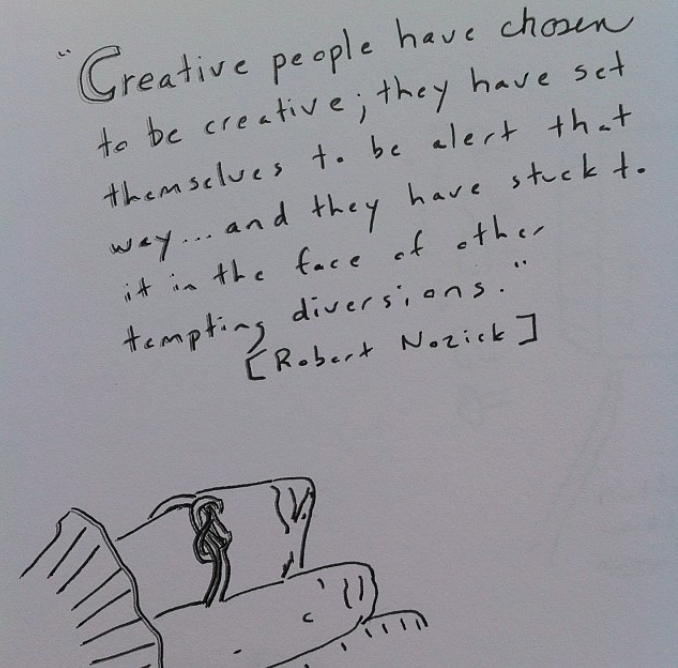Terry Baker. I just need to say his name today. Because he was beloved. Because I can’t escape our complicity in his death. We of the not-us yet.
Other things I need to say to the wild without expecting an answer:
Montaigne thought the best way to attack death was to think of it constantly—to imagine its presence when a horse stumbled or a tile fell from the ceiling. A constant imagining of death frees you from the yoke of mortal servitude by bringing death close, making it intimate and familiar.
Death is so intimate and familiar that sometimes I feel as if I’m cheating on my husband or neglecting my children by speaking so frankly to possible ghosts.
The writer’s role in selling the book, so different from the famish that leads you to write it. What do we redeem by getting published? Is there something to prove—some part of ourselves we’ve been excusing all these years only to suddenly discover it accepted?
Alternately, what do we redeem by being published? is another way of asking the simple question: What do we want from this world?
All of it.
Advice: Read Greg Jackson’s short fiction to practice juggling the freight of complex ideas with the shifting demands of scene and character. We are partly what we say but mostly what we think.
Revision: Be careful with conditional verb tenses that don’t contribute to tone. The conditional moves the action away— “would be” makes an action occur continuously, for all time, and therefore less poignantly. The generalization reduces the immediacy of the moment. Sometimes it’s better to remove the conditional when describing something hard because it makes it immediate and leaves space for forgiveness afterwards. Let it burn and die. Let it be truth.
Warning: Be mindful of the way in which female characters operate from passivity or powerlessness. Ask yourself questions that honor those complexities.
Poetry prompt: Read Naomi Shabib Nye’s “Famous.” Notice how the poem is structured around the definition and circling of the title word. Write a poem that turns on the reframing of a certain word. Use that word as the title.
Poetry prompt: Read Czeslaw Milosz’s “Conversations with Jeanne.” Notice how Milosz breaks the stanzas and makes use of patterned white space. Think about the effect of cutting that one line alone in the middle of the poem. Now think of friends or family with whom you maintain an ongoing disagreement about a specific ethical question (maybe divorce, abortion, end of life, etc.). Write a poem addressed to that person. Try to nurture the same level of distance that Milosz deploys in his titling of the poem as a “conversation.” As you write, think about the difference between a conversation and a dispute.
“Let the stars stitch you to sleep.”
“I must lie down where all the ladders start
In the foul rag-and-bone shop of the heart.”

